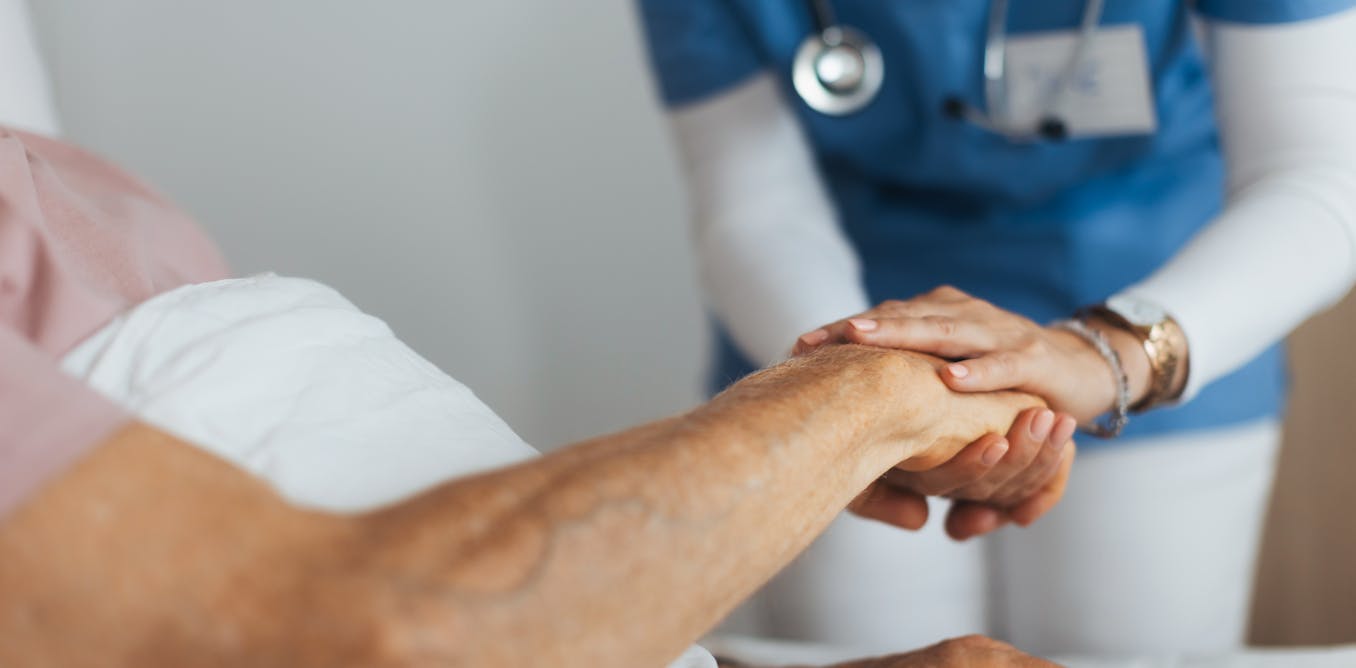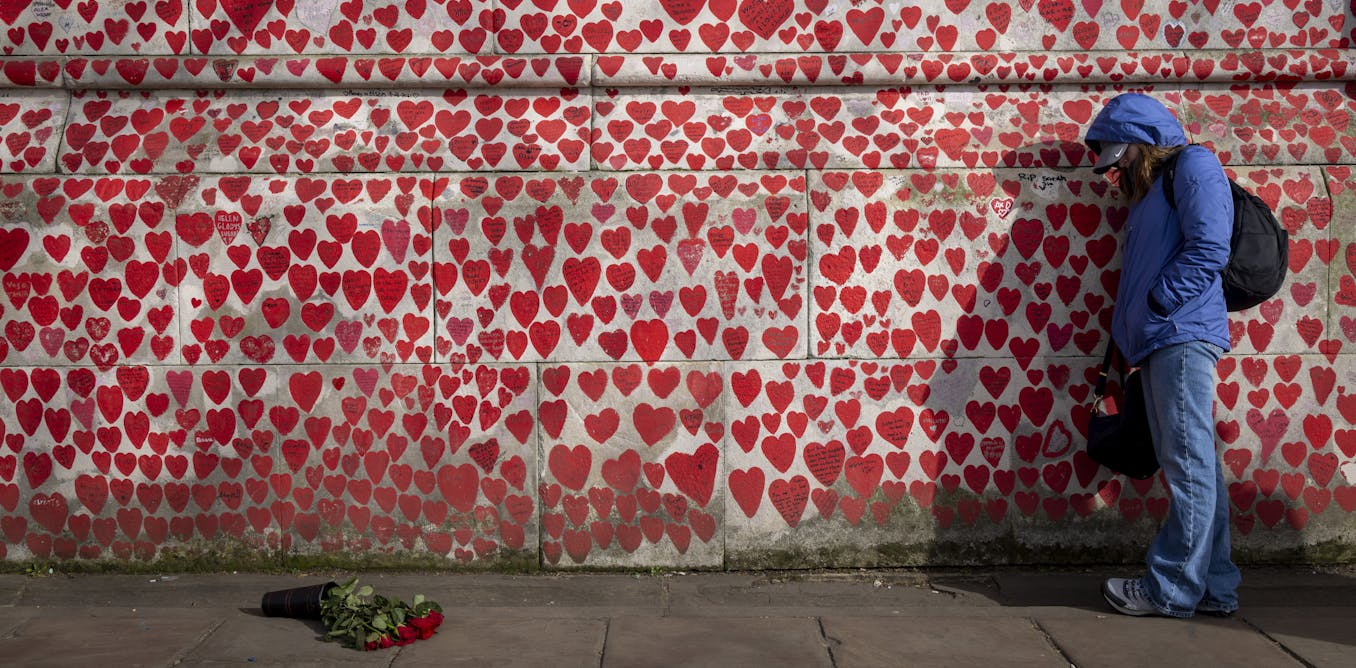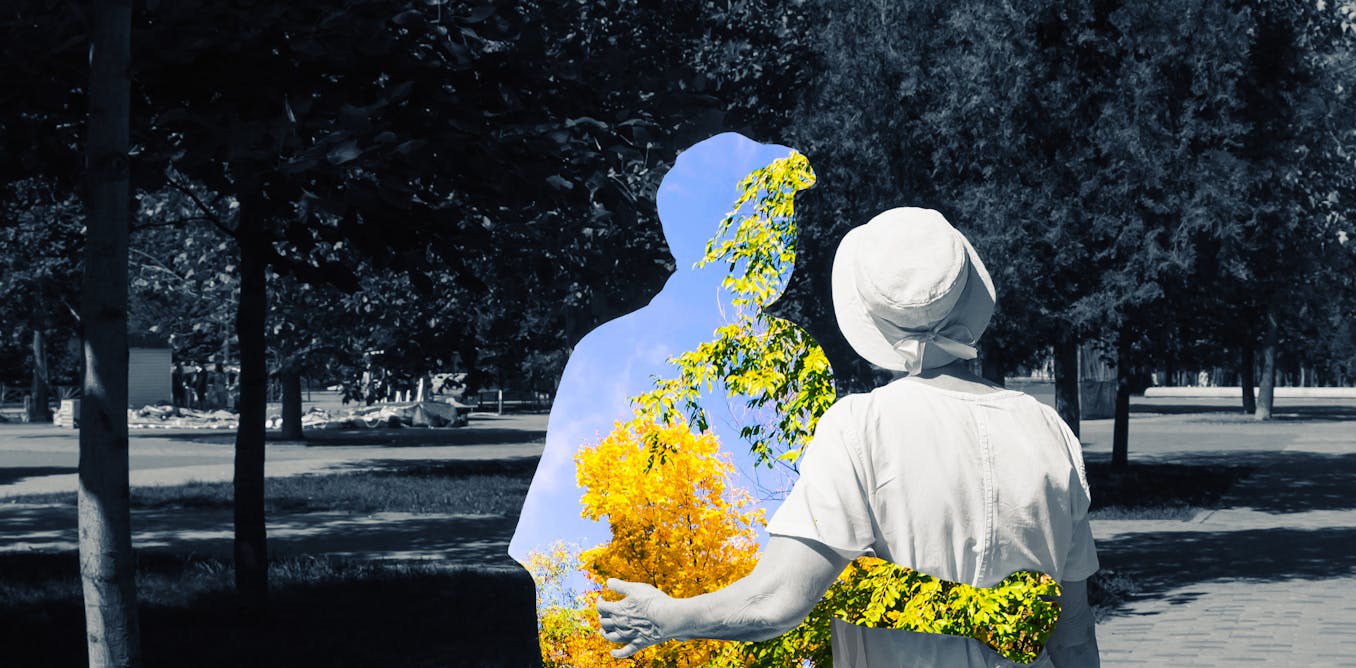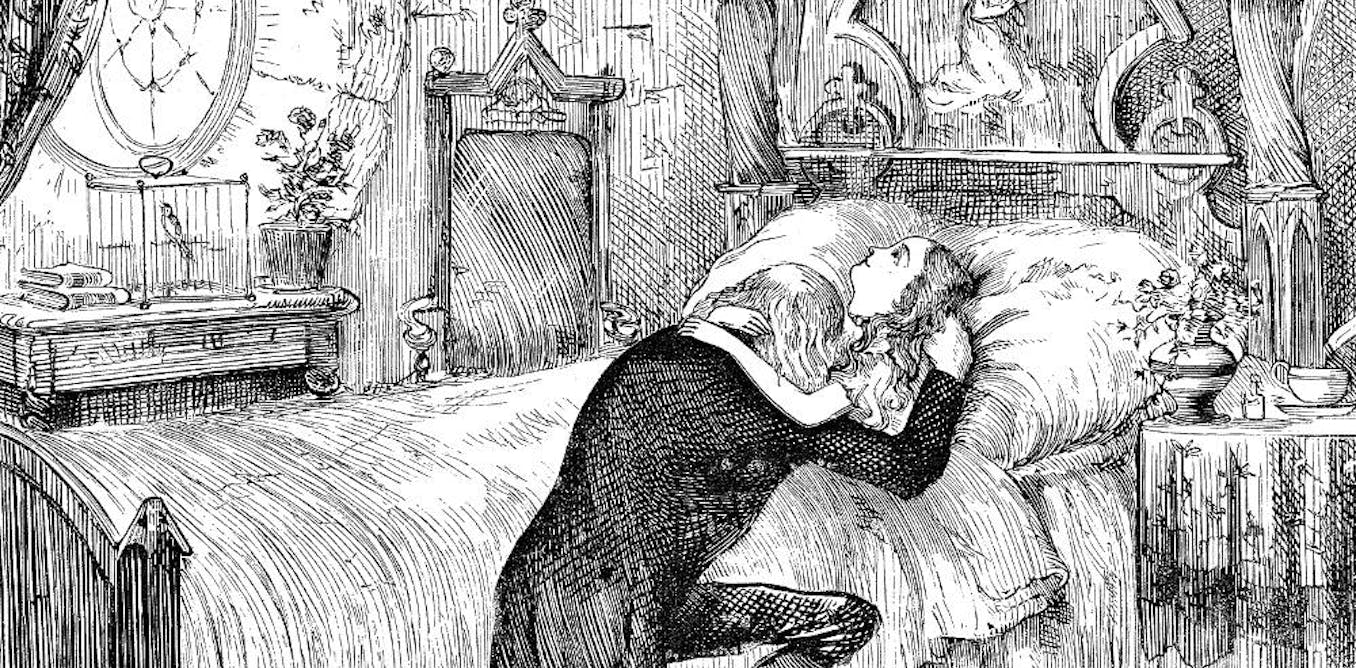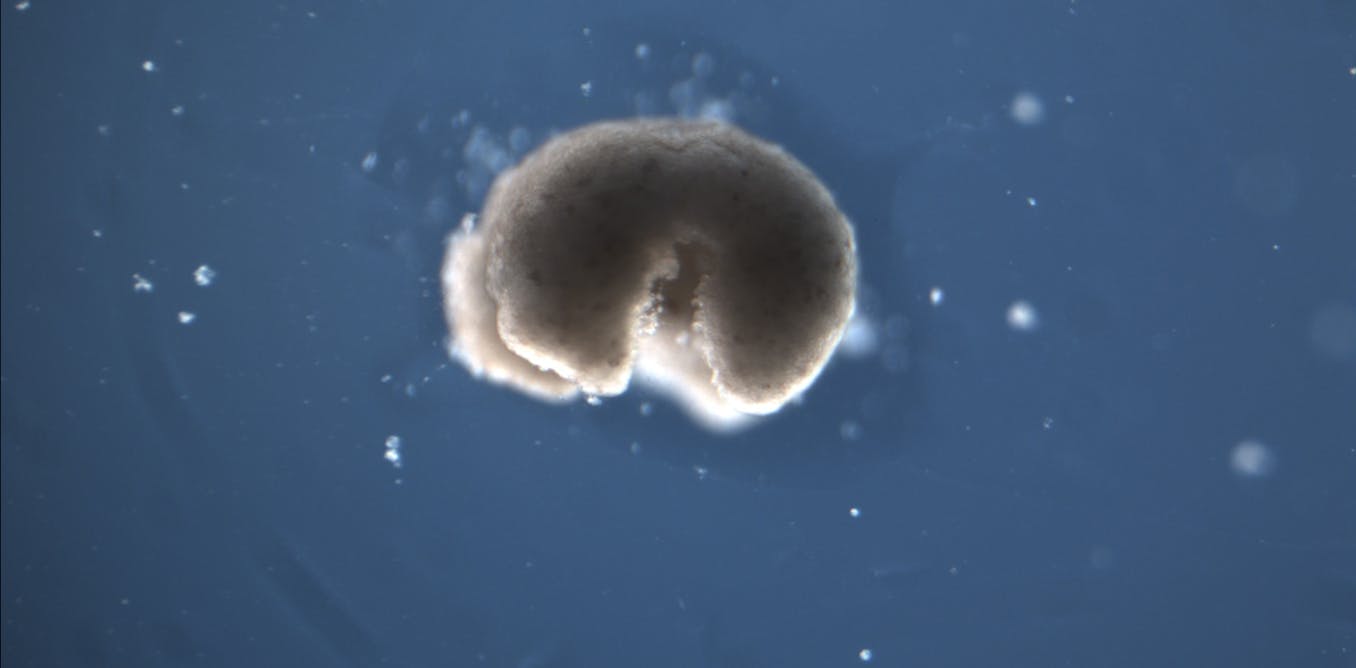5 years on, true counts of COVID-19 deaths remain elusive − and research is hobbled by lack of data
Death data in the US is fragmented, incomplete and inconsistent. The consequences of undercounted deaths and lack of real-time tracking continue to be felt with each new public health crisis.
March 20, 2025 • ~10 min
End-of-life planning can be hampered by misconceptions − but the process is easier than you might think
COVID-19 highlighted the need to plan for medical emergencies, but most people still avoid the issue.
March 11, 2025 • ~8 min
Logging off life but living on: How AI is redefining death, memory and immortality
Ethical and legal issues around death in the digital age are thorny enough dealing with social media accounts. AI puts the notion of a digital afterlife into overdrive.
Jan. 8, 2025 • ~9 min
Supporting a grieving loved one on holidays and special occasions: Practical tips from a clinical psychologist
A clinical psychologist offers research-backed ways to work through grief and support grieving friends and family members during the holidays.
Dec. 16, 2024 • ~8 min
Infectious diseases killed Victorian children at alarming rates — their novels highlight the fragility of public health today
Between 40% and 50% of children didn’t live past 5 in the US during the 19th century. Popular authors like Charles Dickens documented the common but no less gutting grief of losing a child.
Dec. 11, 2024 • ~9 min
Compassion amid chaos − how one of America’s greatest poets became a lifeline for wounded soldiers
Lacking formal training in medicine or nursing, Walt Whitman nonetheless realized ‘the simple matter of personal presence, and emanating ordinary cheer and magnetism’ could go a long way.
Nov. 8, 2024 • ~8 min
Wind phones help the bereaved deal with death, loss and grief − a clinical social worker explains the vital role of the old-fashioned rotary phone
The first wind phone appeared in Japan in 2010, and the concept has since spread around the world.
Sept. 20, 2024 • ~6 min
Biobots arise from the cells of dead organisms − pushing the boundaries of life, death and medicine
Given the right conditions, certain types of cells are able to self-assemble into new lifeforms after the organism they were once part of has died.
Sept. 12, 2024 • ~8 min
Found dead in the snow − how microbes can help pinpoint time of death for forensic investigations in frigid conditions
An accurate estimate of when someone died is a critical part of forensic investigations. In extremely cold conditions, molecular biology can provide critical information where the naked eye cannot.
Sept. 9, 2024 • ~8 min
/
5

